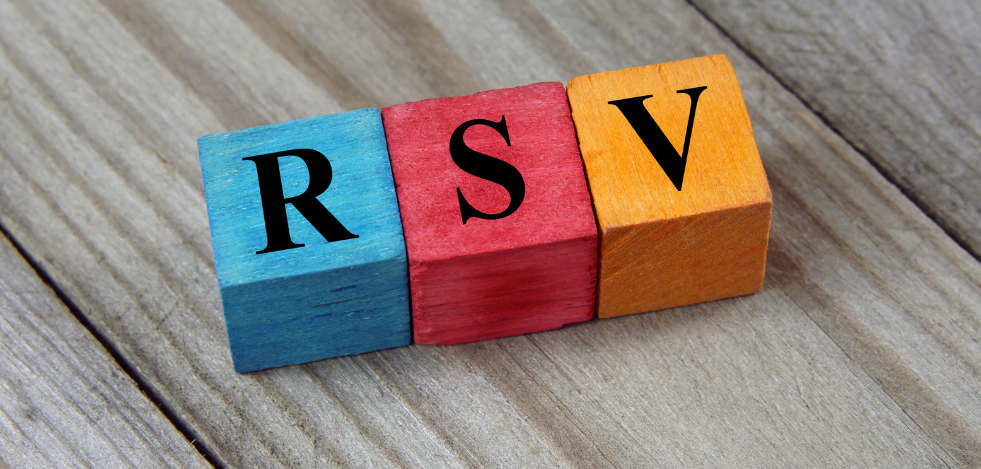
What is Respiratory Syncytial Virus (RSV)?
Respiratory syncytial (sin-SISH-uhl) virus, or RSV, is a common respiratory virus that usually causes mild, cold-like symptoms such as coughing, sneezing, wheezing, fever, runny nose, and decrease in appetite.
Infants/young children and older adults are most at risk for severe disease that may require hospitalization. RSV can also cause severe symptoms in people with weakened immune systems or chronic heart and lung diseases.
Within the United States, RSV is the most common cause of bronchiolitis (inflammation of the small airways of the lung) or pneumonia (infection of the lungs) in children younger than one year.
Is there a vaccine available to prevent and protect against RSV?
Yes!
Adults aged 60 and older
- There are three RSV vaccines available: Arexvy (GSK), Abrysvo (Pfizer), and mRESVIA (Moderna).
- The CDC recommends RSV vaccination for:
- Adults aged 60 to 74 who have certain underlying or chronic medical conditions, such as lung or heart disease, weakened immune systems, or living in nursing homes.
- Adults aged 75 and older.
More information about RSV vaccines for adults 60 and over .
Infants and young children
To prevent severe RSV disease in infants, the CDC recommends either maternal RSV vaccination or infant immunization with RSV monoclonal antibodies. Most infants will not need both.
Vaccination for pregnant people
- One dose of maternal RSV vaccine during weeks 32 through 36 of pregnancy, administered immediately before or during RSV season (typically fall through spring). Abrysvo is the only RSV vaccine recommended during pregnancy.
Immunization for infants and young children
- One dose of nirsevimab for all infants younger than 8 months born during or entering their first RSV season.
- One dose of nirsevimab for infants and children aged 8–19 months who are at increased risk for severe RSV disease and entering their second RSV season.
Note: A different monoclonal antibody, palivizumab, is limited to children aged 24 months and younger with certain conditions that place them at high risk for severe RSV disease. Talk to your health care provider for more information.
Symptoms
RSV is a common respiratory virus that usually causes mild, cold-like symptoms such as:
• Runny nose
• Decrease in appetite
• Coughing
• Sneezing
• Fever
• Wheezing
People infected with RSV usually show symptoms within four to six days after getting infected. Symptoms usually appear in stages and not all at once.
In very young infants with RSV, the only symptoms may be irritability, decreased activity, and breathing difficulties.

Who gets RSV?
Virtually all children get an RSV infection by the time they are 2 years old. However, anyone can get an RSV infection at any age, and you can become infected more than once in your lifetime. Infants, young children, and older adults are more likely to get serious complications if they get sick with RSV.
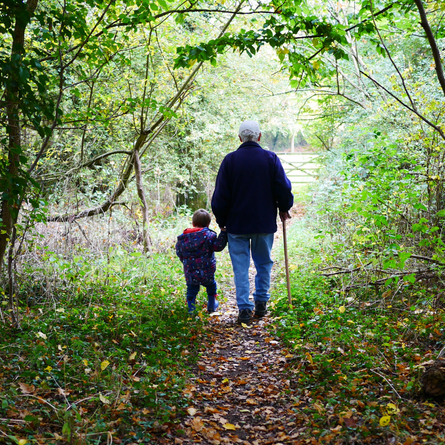
People at high risk for severe RSV
People at greatest risk for severe illness from RSV include:
• Premature infants
• Infants (especially those 6 months and younger)
• Children younger than 2 years old with chronic lung disease or congenital (present from birth) heart disease
• Children with weakened immune systems
• Children who have neuromuscular disorders, including those who have difficulty swallowing or clearing mucus secretions
Call your health care provider if your child is having difficulty breathing, not drinking enough fluids, or experiencing worsening symptoms.
Adults at highest risk for severe RSV infection include:
- Older adults.
- Adults with chronic heart or lung disease.
- Adults with a weakened immune system.
- Adults with certain underlying medical conditions.
- Adults living in nursing homes or long-term care facilities.

Transmission
Children are often exposed to and infected with RSV outside the home, such as in school or childcare centers. They can then transmit the virus to other members of the family.
RSV can spread when:
• An infected person coughs or sneezes
• You get virus droplets from a cough or sneeze in your eyes, nose, or mouth
• You have direct contact with the virus, such as kissing the face of a child with RSV
• You touch a surface that has the virus on it and then touch your face before washing your hands
RSV can survive for many hours on hard surfaces such as tables and crib rails. It typically lives on soft surfaces such as tissues and hands for shorter amounts of time.
People infected with RSV are usually contagious for three to eight days and may become contagious a day or two before showing signs of illness. However, some infants, and people with weakened immune systems, can continue to spread the virus even after they stop showing symptoms (for as long as four weeks).
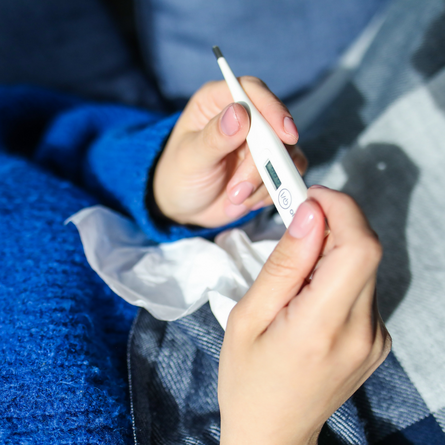
Diagnosis
A health care provider may suspect RSV based on medical history, time of year, and a physical exam.
A swab of the nose to look for viruses may be performed. In severe RSV cases that require hospitalization, additional testing will be needed.

Prevention
You can protect yourself and others from RSV by following a few simple steps:
• Wash hands often
• Keep hands off your face
• Avoid close contact with sick people
• Cover coughs and sneezes
• Clean and disinfect surfaces
• Stay home when sick
Talk to your health care provider if you have any questions.
Preventing Severe RSV in children
There are two ways to protect your baby from getting very sick from RSV. One is an RSV vaccine given during pregnancy. The other is an RSV antibody product that provides antibodies to your baby after birth.
- Getting the RSV vaccine, Abrysvo, if you are 32-36 weeks pregnant during RSV season to maximize protection for babies after birth. This vaccine has been shown to greatly reduce the risk of hospitalization for babies in the first six months after birth. See CDC press release for more information.
- Two monoclonal antibody products–nirsevimab (Beyfortus) and palivizumab (Synagis)–can help protect babies and young children from severe disease from an RSV infection. Monoclonal antibodies are not vaccines. They provide an extra layer of defense that helps fight RSV infections and protect children from getting very sick.
- Nirsevimab is recommended for all infants who are younger than 8 months and born during – or entering – their first RSV season (typically fall through spring). One dose can protect infants for 5 months, the length of an average RSV season. A dose is also recommended for some children between the ages of 8 and 19 months who are at high risk of severe RSV, such as children who are severely immunocompromised, and who are entering their second RSV season.
- Palivizumab (Synagis) is another RSV monoclonal antibody product available in the United States. Speak with your health care provider for more information.
View more information about RSV immunization for children 19 months and younger .
Learn more about RSV immunizations from the CDC .

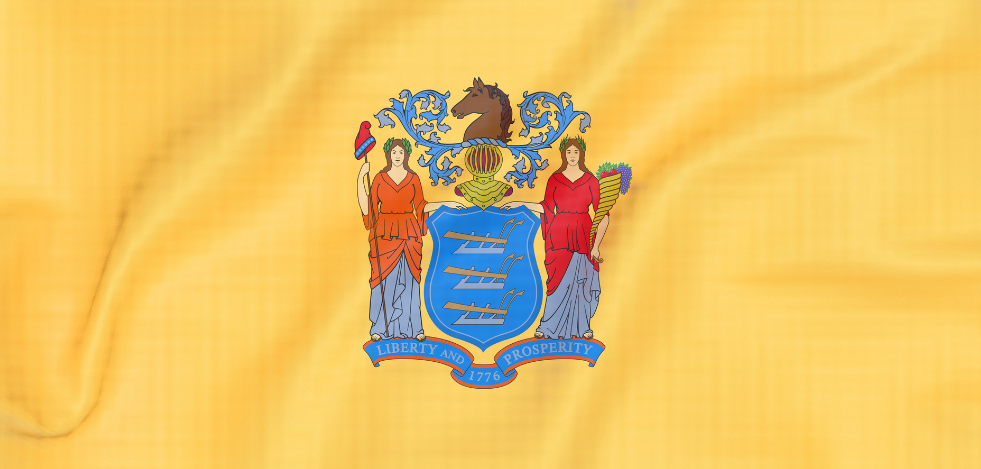
Your Local Health Department
Your local health department is a trusted resource for public health information.
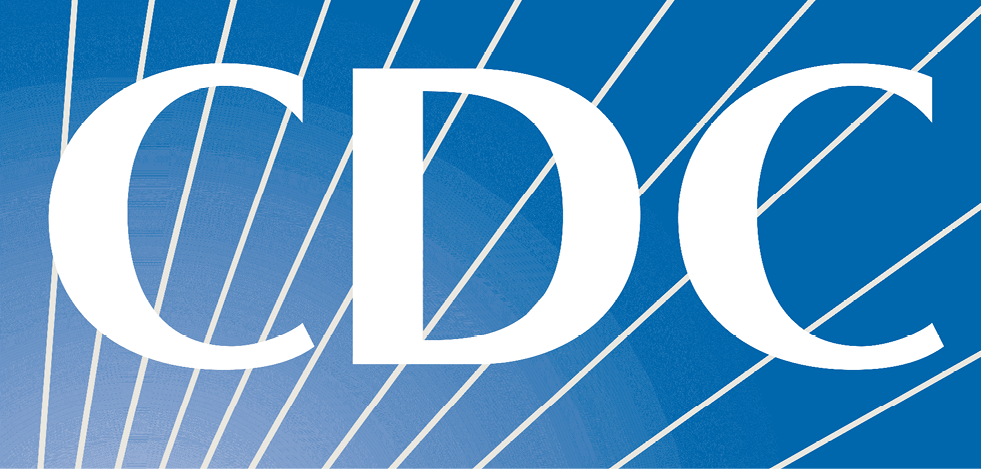
CDC Information on RSV
Visit CDC’s website for more information on RSV.
Last Updated July 2, 2024
 Official Site of The State of New Jersey
Official Site of The State of New Jersey
